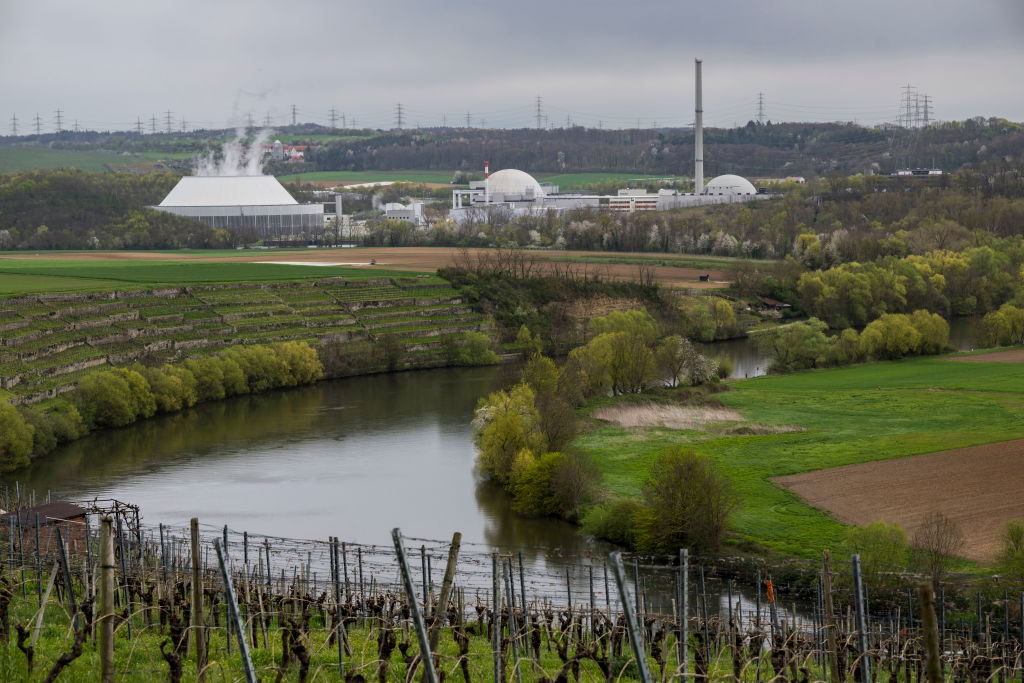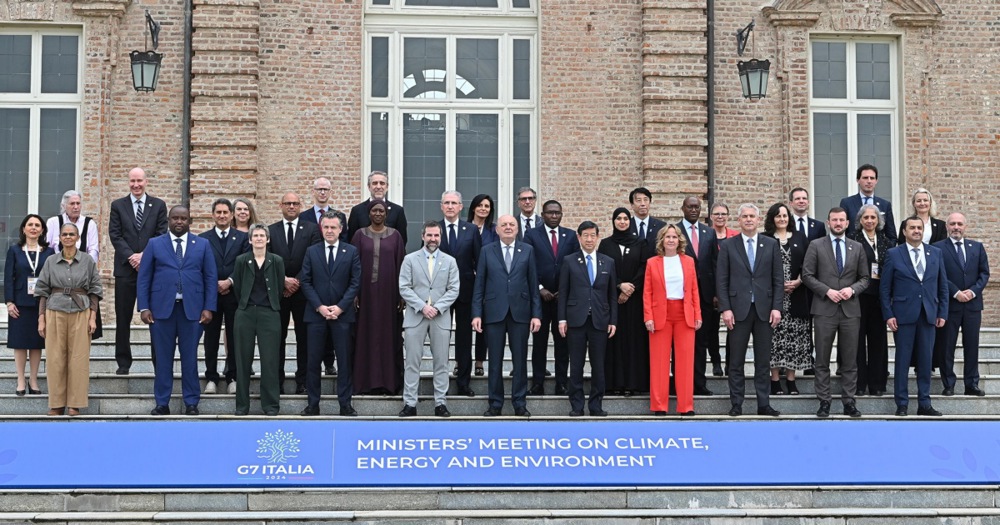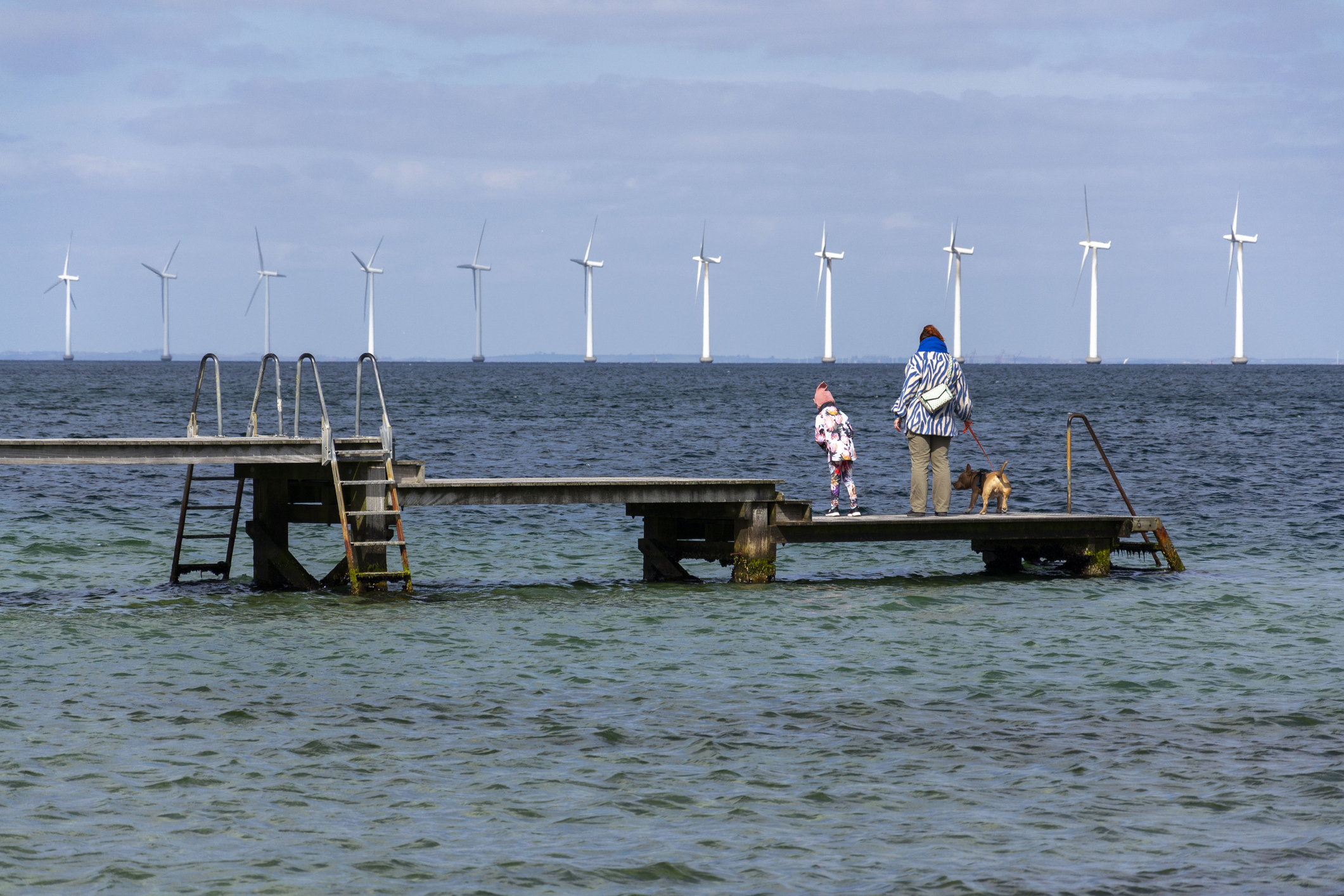As German experts announced the good news that the nation has reached its climate targets for 2024, attention has turned to the bad news – that achievement has come at the cost of trashing the economy and dismantling power plants.
The country’s five-member Expert Panel for Climate Issues, in a report presented on May 15, confirmed that Germany had emitted 649 million tonnes of CO2 equivalents less in 2024 than in 2023, a reduction by 3.4 per cent year-on-year.
Moreover, the country still had a chance to meet its ambitious goal of reducing its carbon dioxide emissions by 65 per cent compared to 1990 by the end of the decade – even though both transportation and the buildings sector, i.e. mainly the heating of buildings, emitted more CO2 than originally planned.
If all climate measures are kept in place, the authors of the report wrote, the aim for 2030 is still within reach.
The experts temper the announcement with a sobering assessment: the climate targets have been reached because Germany’s economy has been ailing for years and shows no signs of recovery.
As the expert panel puts it: “Without the buffer that built up in the years 2021 to 2024 due to coronavirus and the weak economy, a significant [CO2] budget overrun would very likely have to be expected by the end of 2030”.
Germany is also driving down emissions at the cost of its energy supply.
The biggest CO2 reductions in 2024 came from the energy sector, primarily from shutting down and dismantling coal-fired power plants. On a single day in March 2024, 15 German coal power plants were shut down simultaneously.
In November 2024, the chimneys of a coal-fired power plant in Moosburg near Hamburg were blown up – even though the plant only went online in 2015 and was one of the cleanest and most modern plants of its kind in Europe.
The shuttering of coal-fired power plants in conjunction with the earlier phase-out of all nuclear power stations has provided Germans with the second-highest household electricity prices in the European Union at €0.39 per kWh.
The industrial sector is also suffering from catastrophically high electricity prices – costing jobs, wealth, and tax revenue, but also driving down emissions. In 2024, according to the expert panel, the contribution of the industrial sector to total emissions stagnated.
Several observers reacted with ridicule to the report. Rainer Zitelmann, a libertarian author and entrepreneur, wrote on X: “Hooray! Germany achieves climate targets … in its third year of recession. The whole world will enthusiastically follow Germany’s green role model.”





